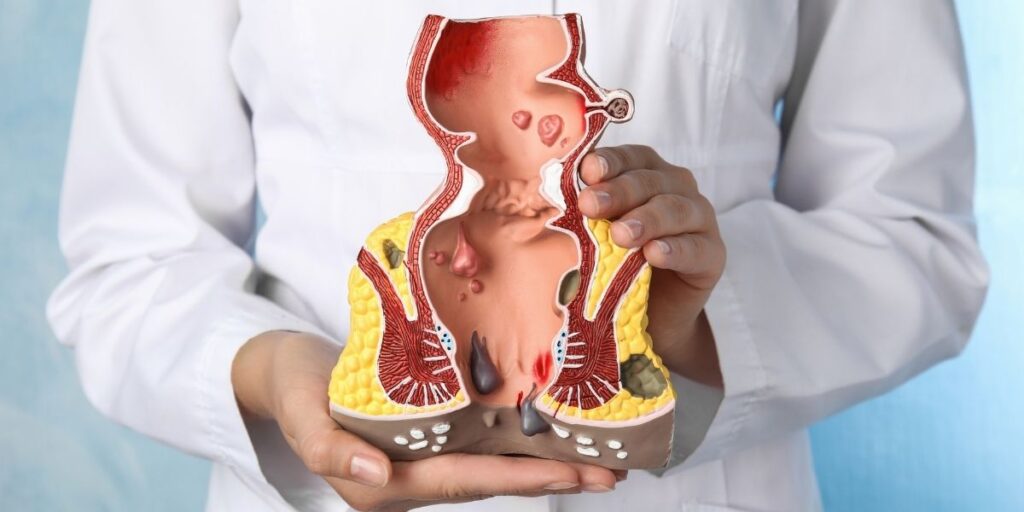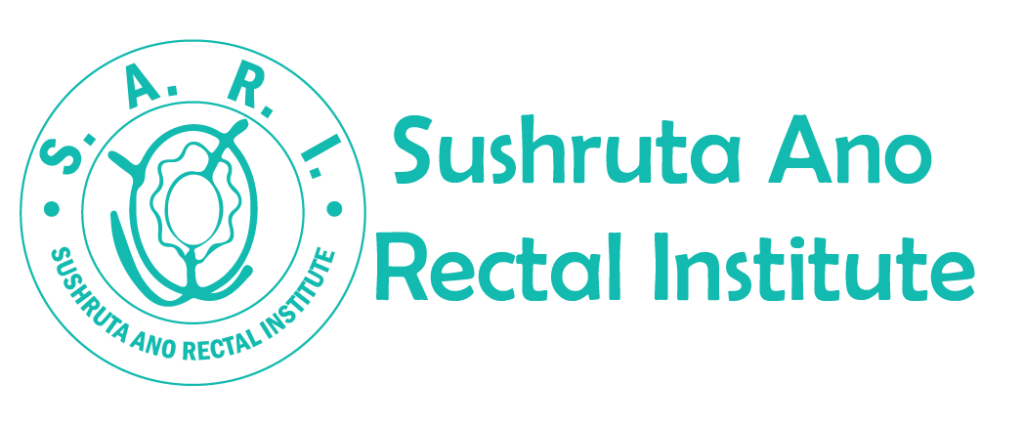What are the Non-Surgical Procedures for Pilonidal Sinus Disease?
- August 13, 2024
Introduction
Pilonidal sinus disease (PSD) is a condition that can significantly impact a person’s quality of life. Traditionally, surgical intervention has been the go-to treatment. However, for those looking for less invasive options, non-surgical treatments can be effective and offer promising results. This blog explores various non-surgical procedures for pilonidal sinus disease, highlighting the expertise of Dr. S.K. Singh at Sushruta Ano-Rectal Institute, renowned for offering some of the best pilonidal sinus treatment options without surgery.

Understanding Pilonidal Sinus Disease
Pilonidal sinus disease involves the formation of a small, infected cavity or sinus at the base of the spine, often filled with hair and debris. This condition is more common in young adults and can cause discomfort, pain, and recurrent infections. While surgery is a common treatment, many individuals prefer to explore non-surgical methods.
Non-Surgical Treatments for Pilonidal Sinus Disease
- Medication and Topical Treatments
Medications are often the first line of defense against pilonidal sinus disease. Antibiotics can help manage bacterial infections, while topical treatments can soothe irritated skin and reduce inflammation. Over-the-counter antiseptics and creams may also aid in keeping the area clean and free from infection. - Laser Therapy
Laser therapy is a modern approach that targets the pilonidal sinus with concentrated light beams. This treatment helps to reduce the size of the sinus, eliminate hair and debris, and minimize discomfort. It is a non-invasive option that promotes faster healing and reduces the likelihood of recurrence. - Sitz Baths
Regular sitz baths can provide significant relief for individuals suffering from pilonidal sinus disease. Soaking in warm water helps to reduce inflammation, cleanse the affected area, and ease pain. This simple yet effective method can complement other non-surgical treatments. - Hair Removal Treatments
Since pilonidal sinus disease is often exacerbated by hair growth, effective hair removal is crucial. Methods such as laser hair removal or electrolysis can permanently eliminate hair from the affected area, reducing the risk of recurrence and promoting healing. - Lifestyle and Hygiene Adjustments
Maintaining proper hygiene and making certain lifestyle changes can play a significant role in managing pilonidal sinus disease. Regular cleaning of the area, wearing loose-fitting clothing, and avoiding prolonged sitting can help prevent irritation and infection.
Why Choose Non-Surgical Treatments?
Non-surgical treatments for pilonidal sinus disease offer several advantages over traditional surgical options. Pilonidal sinus non-surgical treatment is less invasive, involves fewer risks, and often has shorter recovery times. For many individuals, this approach provides effective pilonidal sinus treatment without surgery, managing symptoms and improving quality of life without the need for extensive procedures.
Dr. S.K. Singh: Expert in Non-Surgical Pilonidal Sinus Treatment
When it comes to pilonidal sinus non-surgical treatment, Dr. S.K. Singh at Sushruta Ano-Rectal Institute is recognized as one of the best pilonidal sinus doctors in Delhi. His expertise in offering innovative, non-surgical treatments provides patients with effective options that align with their needs and preferences.
Dr. Singh’s approach to pilonidal sinus treatment without surgery is both comprehensive and patient-centered. He utilizes a range of non-invasive techniques tailored to individual cases, ensuring the best possible outcomes for his patients. His clinic, Sushruta Ano-Rectal Institute, is renowned for its commitment to providing the pilonidal sinus best treatment options, focusing on both immediate relief and long-term management.
Conclusion
Exploring non-surgical procedures for pilonidal sinus disease can be an excellent choice for individuals seeking less invasive treatment options. With methods ranging from medication and laser therapy to lifestyle adjustments, there are various ways to manage and alleviate symptoms effectively. Dr. S.K. Singh at Sushruta Ano-Rectal Institute stands out as a leading expert in this field, offering top-notch non-surgical treatments that cater to the unique needs of each patient.
If you’re struggling with pilonidal sinus disease and considering non-surgical options, consulting with the best pilonidal sinus doctor in Delhi could be your first step toward effective treatment and improved well-being. For personalized care and cutting-edge solutions, Dr. Singh’s expertise in pilonidal sinus treatment without surgery can provide you with the relief you need.
Feel free to reach out to Sushruta Ano-Rectal Institute to learn more about how non-surgical treatments can help you overcome pilonidal sinus disease and regain a better quality of life.
Read More: The Benefits of Fiber-Rich Diets in Anal Fissure Treatment

